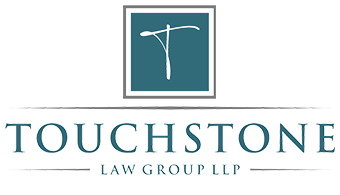What’s my Role in this Company – Part 2?
The Role of Officers
Individuals involved in companies may hold various roles. In some cases, the same individual will hold all of the roles while, in others, different parties will be involved. Over the next few articles, we will cover various roles including directors, officers and shareholders.
Last time, we explored the road of directors. In addition to the directors, officers can also be integral to the operation of a company. The legislation in British Columbia doesn’t define the term “officers” which is used regularly in practice but it does cover the term “senior officer”. Under section 1(1) of the Business Corporations Act, a “senior officer” is:
(a) the chair and any vice chair of the board of directors or other governing body of the corporation, if that chair or vice chair performs the functions of the office on a full time basis,
(b) the president of the corporation,
(c) any vice president in charge of a principal business unit of the corporation, including sales, finance or production, and
(d) any officer of the corporation, whether or not the officer is also a director of the corporation, who performs a policy making function in respect of the corporation and who has the capacity to influence the direction of the corporation;
There is no legal requirement for a company to have officers or senior officers (unless the company has been set up specifically to require same by the articles). Officers who are elected or appointed by the directors should ensure they’re aware of their responsibilities and also meet all qualification requirements of the company. Often, directors will also hold an officer title but an officer does not have to be a director of the company.
Similar to directors, officers take on a responsibility to act honestly, in good faith and with the best interests of the company in mind, as well as to comply with a duty of care equivalent to a reasonable person. As a result, officers should ensure they have the necessary expertise and knowledge for the role they take on and are involved in the company business to be able to properly perform their duties. As well, “senior officers” should be aware of their responsibility to disclose possible conflicts of interest that they may encounter in the performance of their roles.
Generally, officers can be removed at the discretion of the board, subject to the terms of the company’s articles and/or shareholders’ agreements. Their powers stem from the articles of the company and those determined by the board of directors.
As with director positions, an officer position should not be accepted lightly and active involvement is encouraged to ensure the officer is in a position to properly discharge their duties.
This information is general in nature only. You should consult a lawyer before acting on any of this information. This information should not be considered as legal advice. To learn more about your legal needs, please contact our office at (250)448-2637 or any of our lawyers practicing in the area of corporate law at the following:
Jane Otterstrom: jane@touchstone.law
Una Kuzio: una@touchstone.law




